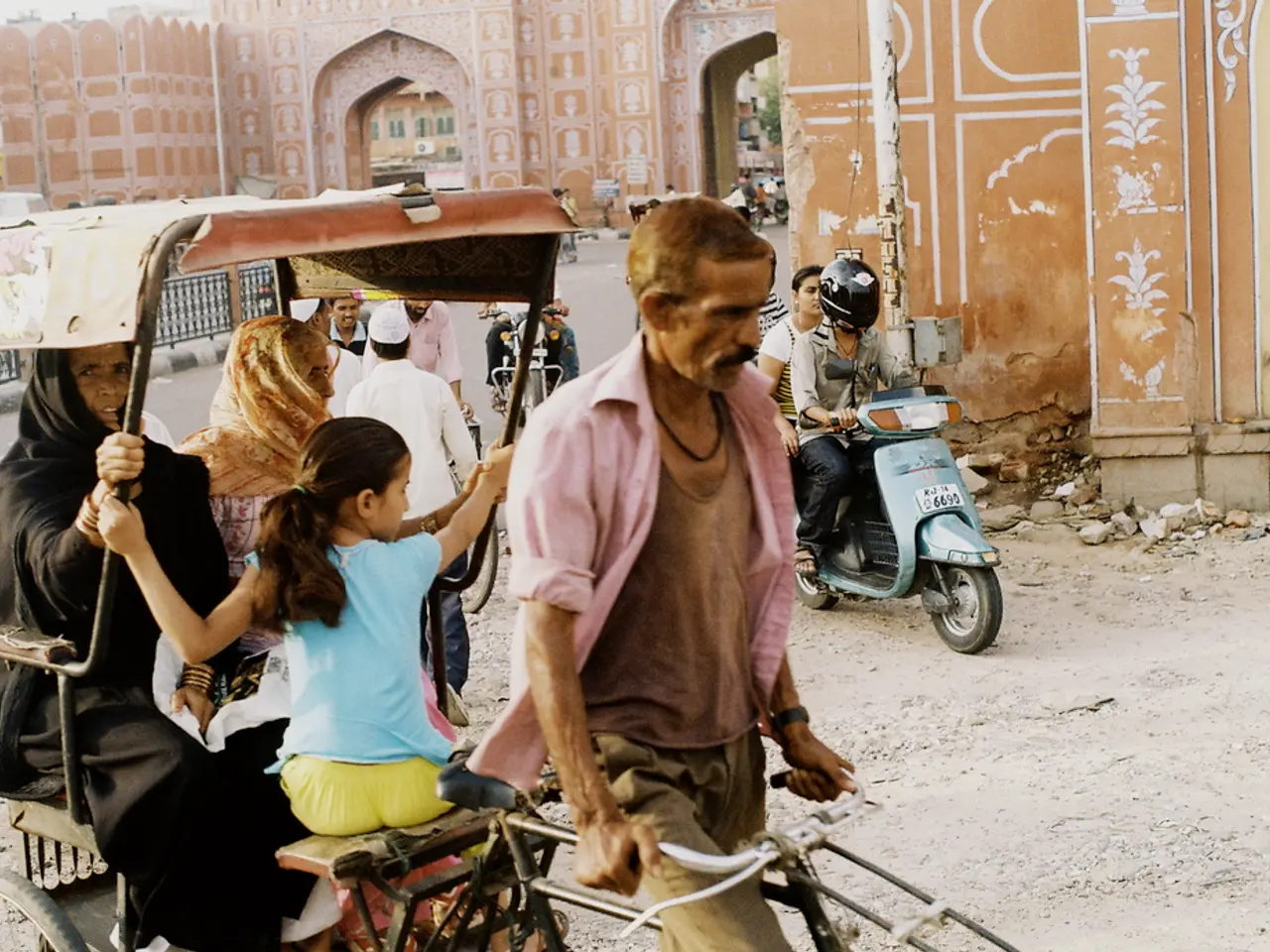Compulsory HIV Testing for Potential Spouses Proposed in Meghalaya amid Increasing HIV Cases
In an effort to combat the rising number of HIV/AIDS cases, particularly in East Khasi Hills and Jaintia Hills, the Meghalaya government is considering introducing a mandatory HIV/AIDS testing law before marriage. This proposed legislation, if enacted, would make Meghalaya the second Indian state, after Goa, to implement such a requirement.
The proposal comes in response to the growing concern over Meghalaya's sixth national ranking in HIV/AIDS prevalence. According to the Health Department, around 982 new HIV cases are reported annually, with over 10,000 people testing positive since 2008. A significant treatment gap exists, with many HIV-positive individuals not receiving or continuing antiretroviral therapy (ART), leading to numerous deaths—159 reported due to lack of ART and 396 overall linked to HIV/AIDS.
The government, led by Health Minister Ampareen Lyngdoh and Deputy Chief Minister Prestone Tynsong, has taken proactive steps to address this issue. High-level meetings have been held, and the Health Department has been tasked with preparing a cabinet note for a comprehensive HIV/AIDS policy targeting prevention, awareness, treatment, and community safeguards.
Sexual transmission remains the primary mode of HIV spread in Meghalaya, according to Health Minister Lyngdoh. While injecting drug use has not emerged as a major factor in HIV spread due to challenges in identifying users, it is still a concern that needs to be addressed.
The proposed policy aims to bring everyone who has been tested into the treatment system and strengthen HIV/AIDS awareness and community health initiatives coordinated with social welfare and other related programs. The Meghalaya government also plans to conduct similar consultations in the Garo Hills and Jaintia Hills to formulate area-specific strategies.
The implications of this proposed law include potential public health benefits through early detection and treatment, aligning Meghalaya with Goa’s precedent of mandatory pre-marriage HIV testing, and potential legal and ethical debates around mandatory health testing and privacy.
As of July 2025, this legislation is still in the draft/consideration stage, and no formal law has yet been implemented. The proposed law, if enacted, could mark a significant public health policy shift with important legal and societal implications.
[1] The Times of India, "Meghalaya mulls mandatory HIV testing before marriage," 2025. [2] The Hindu, "Meghalaya to draft HIV/AIDS policy," 2025. [3] The Indian Express, "Meghalaya considers mandatory HIV testing before marriage," 2025. [4] NDTV, "Meghalaya: HIV/AIDS Prevalence and the Proposed Mandatory Testing Law," 2025. [5] The Telegraph, "Meghalaya's proposed mandatory HIV testing before marriage: A step towards public health or a breach of privacy?," 2025.
- In response to the rising HIV/AIDS cases in East Khasi Hills and Jaintia Hills, the Meghalaya government is drafting a policy that includes mandatory HIV/AIDS testing before marriage, similar to the law already implemented in Goa.
- The proposed policy aims to address Meghalaya's sixth national ranking in HIV/AIDS prevalence, with approximately 982 new HIV cases reported annually and over 10,000 people testing positive since 2008.
- The policy aims to bring everyone who has been tested into the treatment system and strengthen HIV/AIDS awareness and community health initiatives, coordinating with social welfare and other related programs.
- This policy shift in public health, if enacted, could align Meghalaya with Goa’s precedent, but could also spark legal and ethical debates around mandatory health testing and privacy.
- The implications of this proposed legislation, still in the draft/consideration stage as of July 2025, could mark a significant shift in policy-and-legislation and society regarding sexual-health, mental-health, general-news, business, health-and-wellness, and politics, particularly in the regions of East Khasi Hills, Jaintia Hills, Garo Hills, and beyond.




